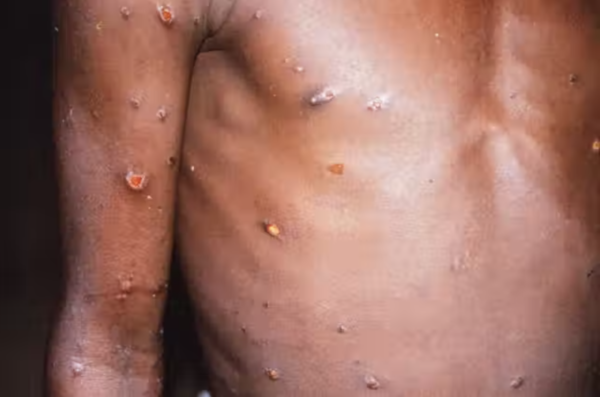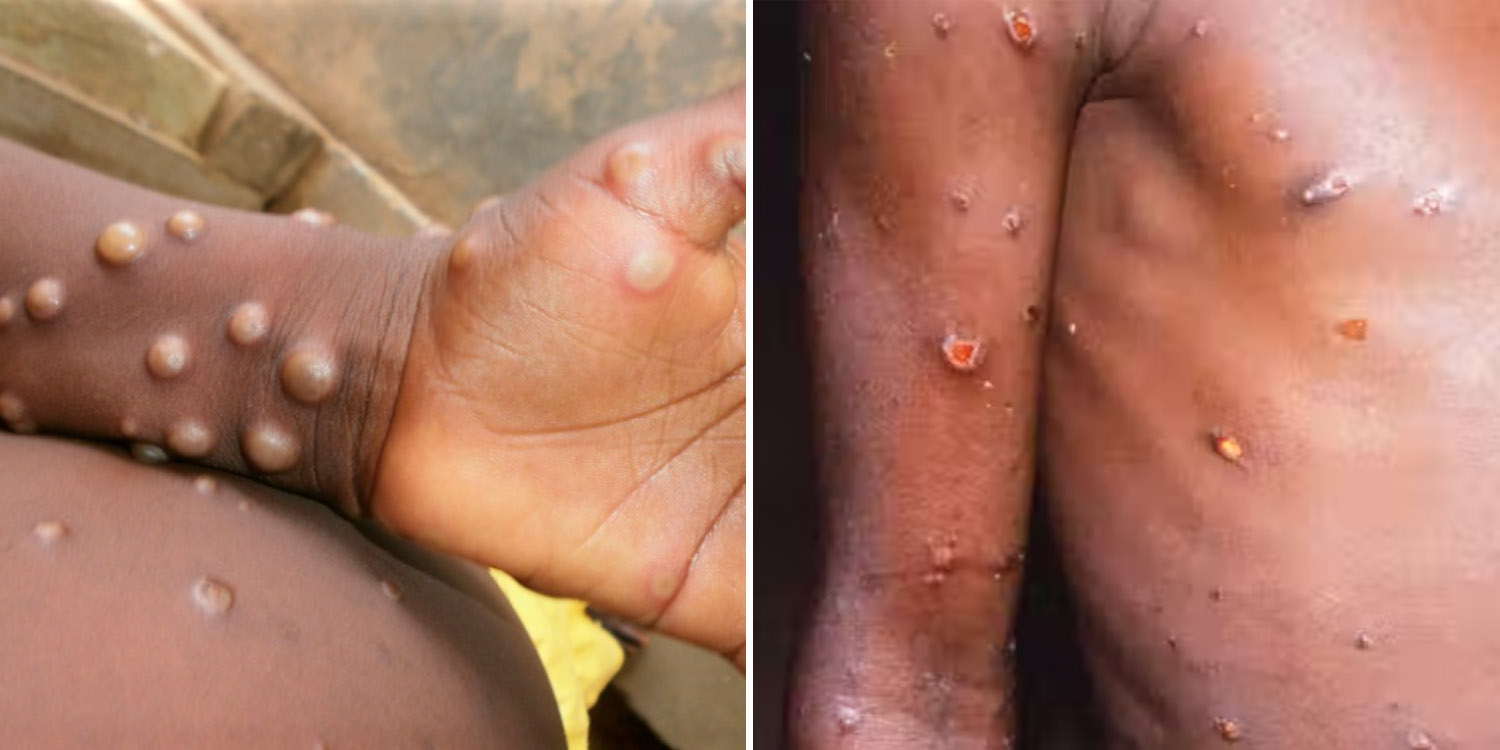MOH Confirms Singapore Has No New Monkeypox Cases
While monkeypox is a rare disease, it has recently been detected across North America and Europe.
Monkeypox Cases On The Rise In Europe, US & Canada, Transmission Occurs Through Close Contact
On Saturday (21 May), the Ministry of Health (MOH) said no new monkeypox cases were detected in Singapore.
Nonetheless, they have alerted all medical practitioners here to remain vigilant in detecting and reporting all cases of the disease.
MOH announced that no new monkeypox cases were detected
According to Channel NewsAsia (CNA), MOH announced that no new monkeypox cases were detected here in Singapore as of Friday (20 May).
The zoonotic disease is endemic in parts of central and west Africa.
However, monkeypox cases have been found in nine European countries in recent weeks, including the United States, Canada, and Australia.
As such, MOH has urged all medical practitioners to be vigilant in detecting and reporting monkeypox cases.
The Straits Times (ST) reported that the last monkeypox case detected in Singapore was an imported case involving a Nigerian man in May 2019.
Infectious disease experts warned that it would not be surprising for cases to emerge in Singapore.
But there is no cause for alarm so far, and the spread can be contained with contact tracing, isolating infected cases and quarantining contacts.
The ministry will continue to monitor the situation closely.
Symptoms include fever & rash
Monkeypox is a rare disease primarily transmitted to humans from animals.
While the human-to-human transmission is possible, it is limited, said MOH.
Individuals are infectious typically during the period when they exhibit symptoms — in particular, a skin rash.
MOH shared that transmission typically occurs from close contact with an infected person’s respiratory tract secretions or skin lesions.

Source: The Conversation
Objects recently contaminated by an infected person’s fluids or lesions may also result in transmissions, reported ST.
Thus far, sustained human-to-human transmission has been rare. Nonetheless, MOH said they would need to study this again for the current outbreak.
Individuals infected by monkeypox usually experience fever, headache, muscle ache, backache, and swollen lymph nodes.
A skin rash would also typically appear one to five days after the first symptoms. Monkeypox’s rash may resemble blisters caused by chickenpox.
While individuals usually recover from symptoms within two to four weeks, severe illness and death can occur in some, said MOH.
Travellers advised to take precautions
The World Health Organization (WHO) announced on 20 May that there are currently about 80 confirmed cases and 50 pending investigations across 11 countries.
Affected countries include Belgium, France, Germany, Italy, Portugal, Spain, the United Kingdom, the United States, Canada and Australia.
This is atypical as the outbreaks are occurring in non-endemic countries. The cause of this outbreak is still unclear at the time of writing.
In the meantime, MOH advised travellers to take the necessary precautions, such as maintaining a high standard of personal hygiene and avoiding direct contact with skin lesions of infected living or dead people or animals.
Contact with wild animals and consumption of bush meat should also be avoided.
According to CNA, returning travellers, especially from areas affected by monkeypox, should seek immediate medical attention should they develop any disease symptoms within three weeks of returning.
They should also inform the doctor of their recent travel history.
Visit the doctor if necessary
After living through a worldwide pandemic, it’s safe to say health authorities are taking the monkeypox outbreak very seriously.
While there is currently no cause for alarm in Singapore, it’s best to err on the safe side of things.
So do visit the doctor if you suffer from any monkeypox symptoms such as fever and rash.
Have news you must share? Get in touch with us via email at news@mustsharenews.com.
Featured image adapted from World Health Organization and The Conversation.

Drop us your email so you won't miss the latest news.









